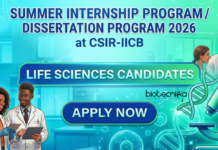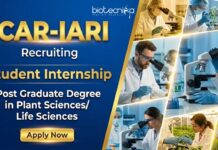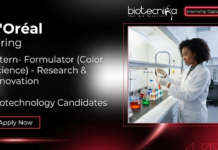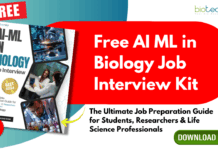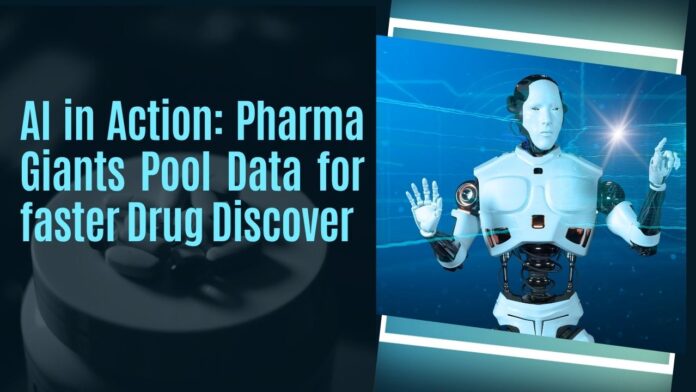AI in Drug Discovery: OpenFold3 Project- Pharma Giants Pool Data to Speed Up New Drug Discovery
In a notable joint venture aimed at accelerating pharmaceutical innovation, Bristol Myers Squibb, Takeda Pharmaceuticals, and Astex Pharmaceuticals announced that they will jointly pool their proprietary structural biology datasets to train an AI model, OpenFold3 for drug discovery. Traditional Drug Discovery takes years together, only to finalise a Lead Compound, followed by Clinical Trials is a laborious process altogether. This partnership is built to change the perspective on how the drug is discovered.
AbbVie and Johnson & Johnson join the consortium to support innovation by sharing various experimental data. The initiative emphasizes a growing trend in the pharmaceutical sector by using AI and data-sharing to tackle one of medicine’s biggest challenges.
The idea is built on a federated data sharing model. This means, the pooled data remains in control of the central body while the AI Models are trained to go through the database and acquire the information required for the study. In this way, the AI Model can access a large number of experimentally proven data securely without bringing any breach to the security of the mother organization. Firms can benefit from collective insights while keeping full control over their sensitive data.
The alliance will contribute thousands of experimental datasets, specifically on Protein and small molecule interactions. These datasets are crucial to understand how ligands bind to the protein structure and predict their structures, which frames the foundation for Drug discovery.
The Power of OpenFold3
OpenFold3 is the flagship project of the industry led AI Structural Biology Network, conducted in collaboration with the AlQuraishi Lab at Columbia University. Unlike DeepSeek’s AI Model AlphaFold, which predicts 3D structure, OpenFold3 extends this by focusing more on binding chemistry, molecular affinities, and drug-related interactions. This understanding pushes the research further by determining the drug candidate that is likely to succeed, a major key factor.
By combining datasets across multiple companies, the project aims to improve OpenFold3’s ability to generalize across different protein families and chemical scaffolds, delivering insights beyond the capabilities of any single company’s data pool. Apheris plays a key role in managing the database ensuring the data safety, without which the innovation is nearly impossible for a single organization.
Voices from the Industry
Payal Sheth, vice president, discovery biotherapeutics and lead discovery and optimization at Bristol says “The federated platform allows multiple companies to advance predictive models for small molecule discovery in ways no single organization could achieve alone.”
“By working together, we can do even more for patients than we could if we did it on our own. This is about expanding our capabilities and reimagining how we discover medicines”, adds Hans Bitter, head of computational sciences at Takeda.
Future Prospects
With the merging of trained AI Models and Drug Discovery, the gap in the research can be minimised. This not only fastens the discovery but also paves the way for the next generation of drug discovery. If the project succeeds, the integration of AI in the drug pipeline becomes a step closer. However, the partnership represents the critical thinking of the pharmaceutical industry and stands out as a pioneering work.






